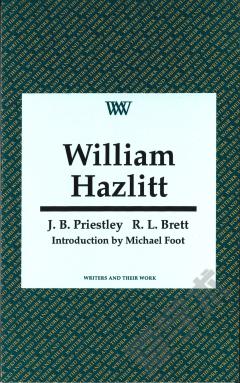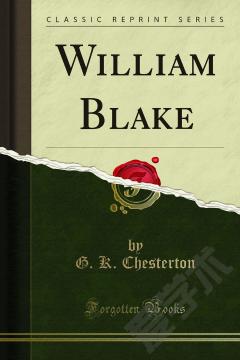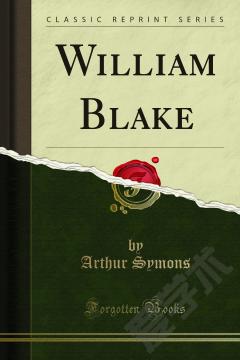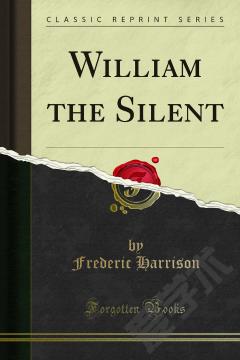William Laud
The uncritical impetuosity which a generation ago overwhelmed with contumely, sarcasm, and unhistorical rhetoric the name of William Laud has, it is to be hoped, now spent itself. There still lingers among those whose historical knowledge is based upon the obiter dicta of the partisans of fifty years ago a curious survival of prejudice which is due to ignorance as much as to sectarian bigotry; but the calm and judicial investigation of writers more informed and less biassed is teaching us to read the history of the seventeenth century in a spirit very different from that of some of our predecessors. Those who value the teaching of the past owe a deep debt to the luminous and judicial work of Leopold von Ranke. Beside that great and honoured name students of the Stewart age will gratefully place that of Samuel Rawson Gardiner. It is impossible for any one who works at this very difficult and complicated period adequately to acknowledge the enormous obliga tion under which he stands to Mr. Gardiner's knowledge and patience and fairness. It is not the least of his services to the cause of truth that he has done more than any other living writer to enable men to critically examine and justly estimate the career of Laud.
{{comment.content}}








 京公网安备 11010802027623号
京公网安备 11010802027623号